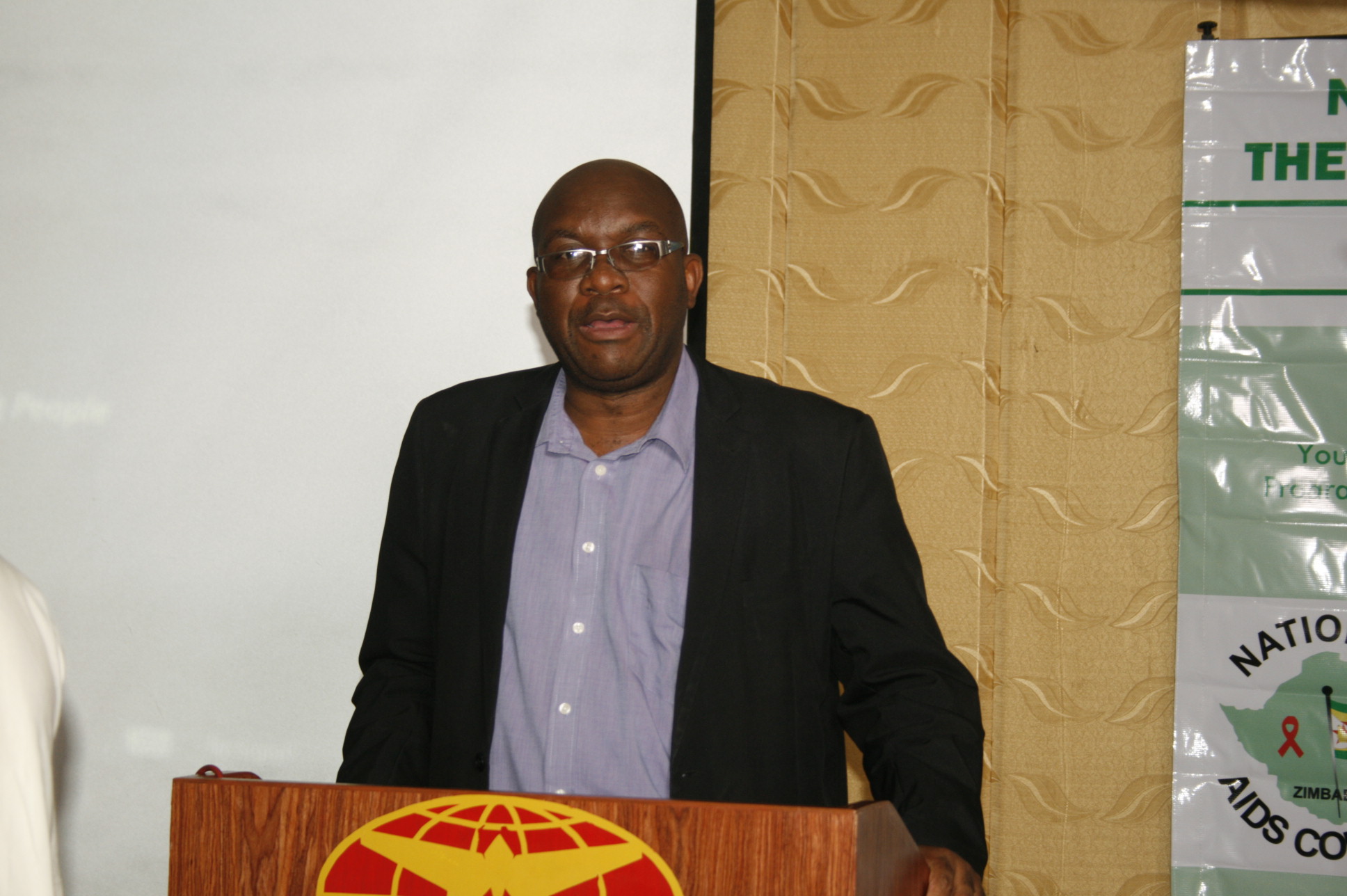By Edward Makuzva
The National AIDS Council (NAC) has hailed the moonlight HIV testing programme which is designed to cater people who cannot being tested during the day because of their busy work schedules or for various reasons.
Addressing journalists in Mutare on Tuesday at a digital media workshop, NAC Chief Executive officer, Dr Tapuwa Magure said the programme of moonlight HIV testing is reaping the results as the number of positive cases recorded at night are now differrent from those recorded during the day.
Dr Magure added the tests take place at night to help and protect those who fear being stigmatised by being seen visiting the centres during the day.
“We came up with the idea after realising that some people work during the day and have no opportunity to access this service at night. Key affected populations which includes sex workers, truck drivers, prisoners and miners, at times, do not have time during the day to go and get tested and they can only be assessed during the night.
“These target populations are also busy during the day and can only come out at night, hence, they can only be tested at that time”, Dr Magure explained.
Moonlight testing is a programme where people are tested HIV at night, an initiative which caters for those who cannot have access to be tested during the day due to several commitments.
The chief executive officer highlighted everyone who tests HIV positive is immediately put on antiretroviral therapy.
Statistics published by the Herald on NAC Harare Province for the second quarter of 2017, shows that 32% of HIV positive cases from Epworth were recorded at night, compared to 5,2 cases recorded during the day.
The statistics also revealed 28 % of HIV positive cases in Ruwa were also recorded at night, compared to 8, 9 % recorded during the day.
In Harare NAC recorded 26% of HIV positive cases compared to 2, 2% during the day.
Meanwhile, NAC makes use of musical galas to attract people to get tested.
According to statistics, a total of 33% people in Harare were tested during the galas for the 2017 second quarter.
An estimated 1.2 million people are living with HIV in Zimbabwe. Out of these, 66 % know their HIV status.
